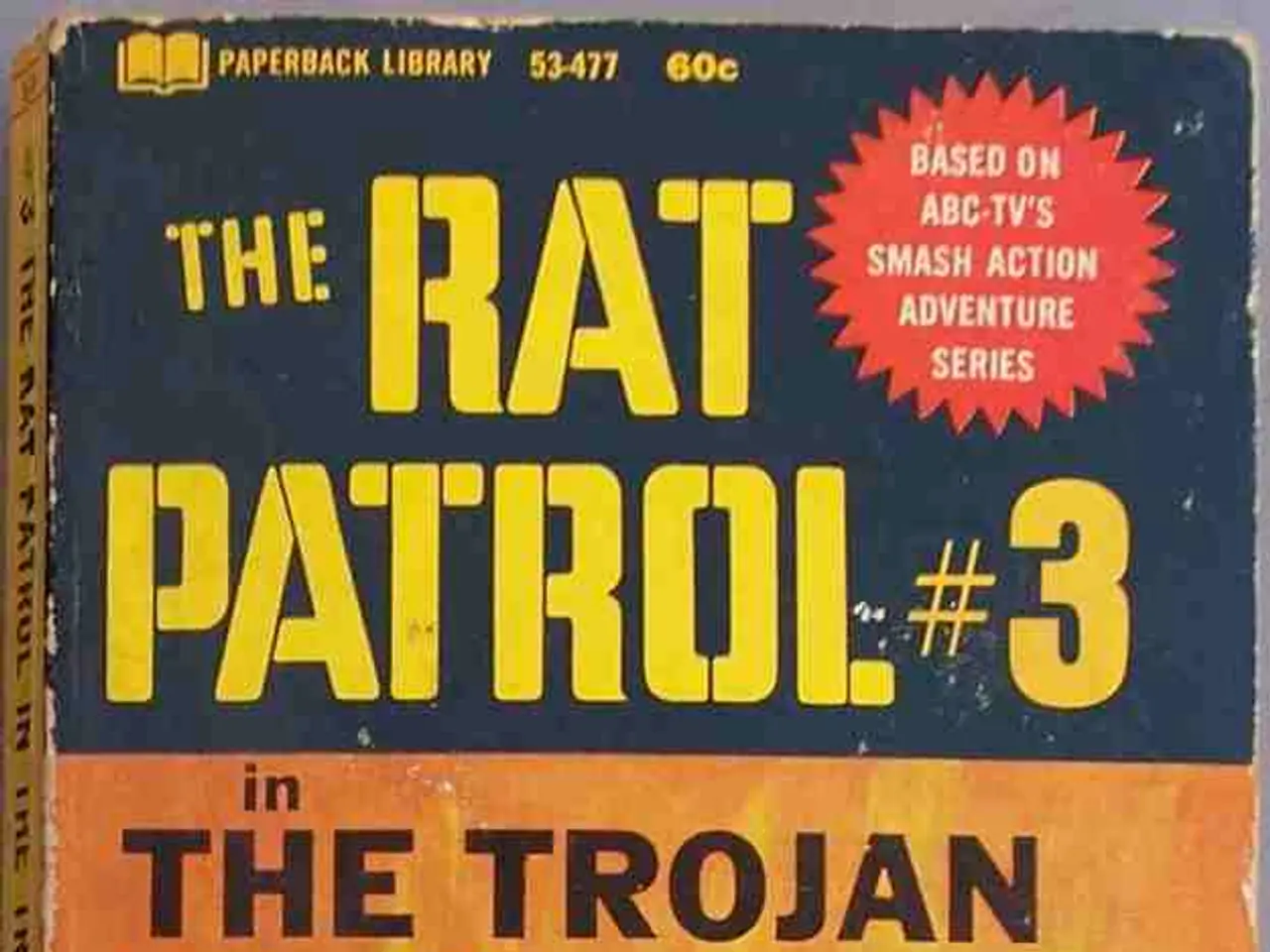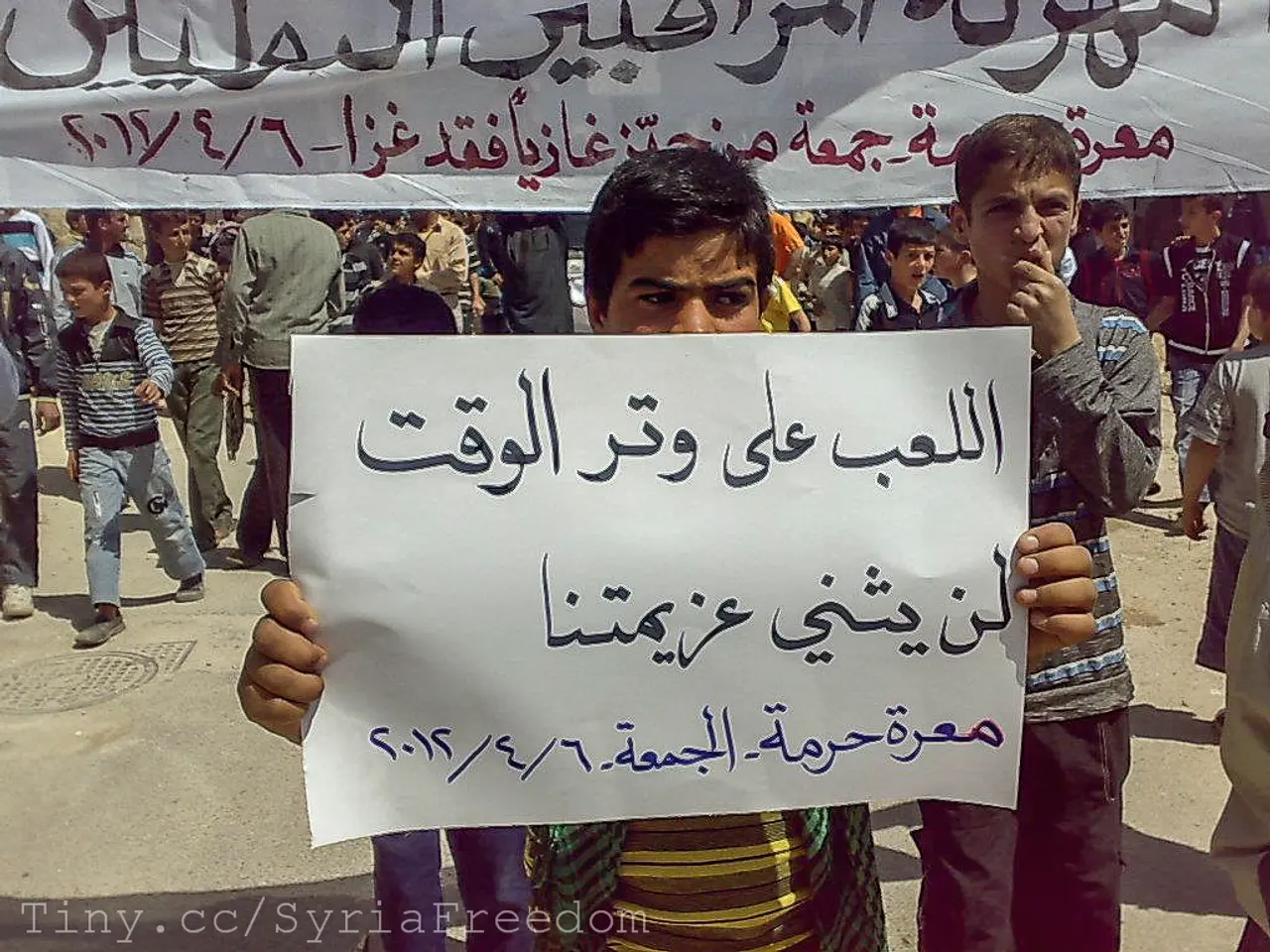Lithuania's president revokes Russian conductor Yuri Bashmet's national honor
Lithuania has taken a strong stance against Russia's invasion of Ukraine by stripping Russian conductor Yuri Bashmet of his Lithuanian state award. President Gitanas Nausėda signed a decree on Wednesday to revoke the Order of the Lithuanian Grand Duke Gediminas, Fourth Class, that Bashmet received in 1999.
The revocation of the honour was due to Bashmet's public support for Russia's invasion of Ukraine, a stance that discredits the name of the award recipient, according to Nausėda's decree. Tomas Beržinskas, a presidential adviser, stated that Bashmet's support for Russia's aggression against Ukraine is problematic.
The Lithuanian government's decision to revoke Bashmet's state award is a clear message that support for Russia's aggression against Ukraine is not acceptable. This act is a significant action taken by the Lithuanian government in response to Bashmet's support during the conflict.
Bashmet's removal from the list of award recipients was not due to any other reasons. His support for Russia's invasion of Ukraine may have negative consequences for his reputation and future career opportunities.
Bashmet's comment on his support for Russia's invasion of Ukraine was made to BNS. The fact that Bashmet supports Russia's invasion of Ukraine discredits the name of the award recipient, according to Nausėda's decree, leading to the revocation of his Lithuanian state award.
The Order of the Lithuanian Grand Duke Gediminas, Fourth Class, is one of the highest state awards in Lithuania, and its revocation is a significant gesture of condemnation from the Lithuanian government. This action underscores Lithuania's commitment to upholding its values and security interests in the face of Russia's aggression against Ukraine.
Political discourse surrounding war-and-conflicts, notably Russia's invasion of Ukraine, has led to specific actions within general-news. Lithuania's revocation of Yuri Bashmet's Order of the Lithuanian Grand Duke Gediminas, Fourth Class, was a response to his support for the invasion, discrediting the name of the award recipient and signaling the government's stance against such actions during the conflict.







